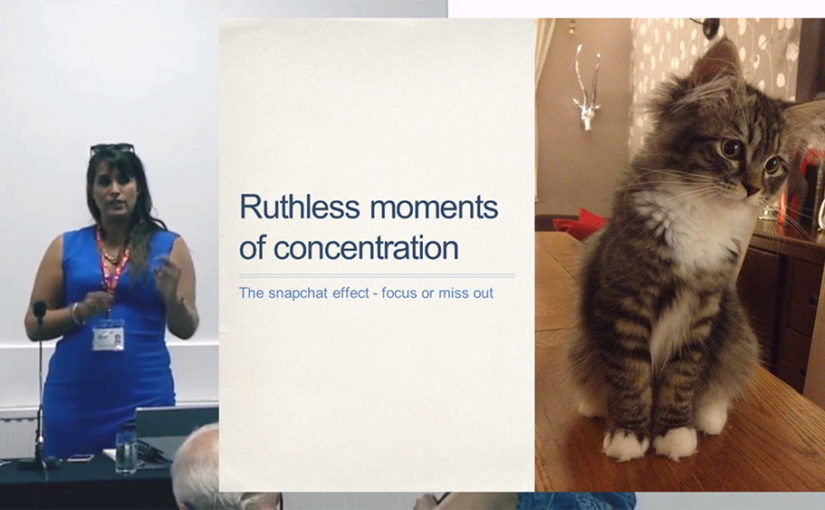This video is a talk from the TUC fringe event “How can unions adapt to survive in a digital-first world?” at Congress 2016. Emma Mulqueeny OBE is the Founder/CEO of Rewired State and Young Rewired State, CEO of Elbi and a former member of the Speaker’s Commission on Digital Democracy, talks about the challenges for UK trade unions in reaching out to “97ers” – the generation of young people now entering the workforce.
Emma has a lot of experience working with the cohort of young people born after 1997, who are now turning 18 and starting out in work. This group have never known a world without social media or mobile technologies, and so they have very different attitudes towards and expectations from work and from organisations like unions.
She’s identified five traits common to this group, which help unions understand how we might engage with them:
Ruthless moments of concentration: They are used to constant input of information from very diverse streams, but this has helped hone their ability to focus very sharply. The Snapchat effect of ‘miss it and miss out’ can make it hard to get in front of them, but when you get their attention, you can hold it if you have a compelling enough message.
Tribal: They adopt different roles in different communities, used to taking leadership roles in things they’re interested in, and following in others. Skills that older people have built up in professional networking and promotion come naturally to them when it’s something they care about.
Relentless researchers: They’re natural conspiracy theorists, as the internet allows them to quickly research and debunk material themselves. Organisations wanting to engage with them have to be able to robustly evidence their case online, or risk having more effort put into debunking them than listening to them.
Multi-cultural global citizens: Borders and boundaries are much less important to them – they’re much happier organising themselves around the things that interest them.
Data traders: They understand that their data and attention are commodities, in a way that older people aren’t always comfortable with. They’re often happy with trading data for services (like social networks), so long as they find them genuinely relevant.
For more on Emma and her work, visit her website.

